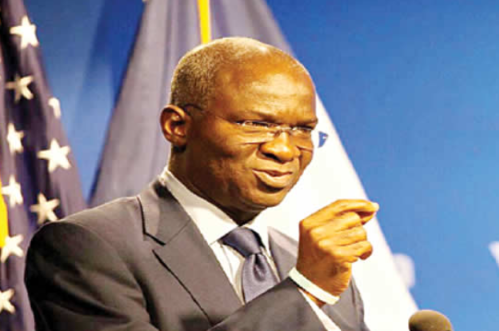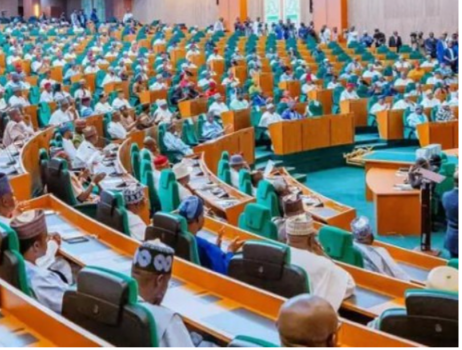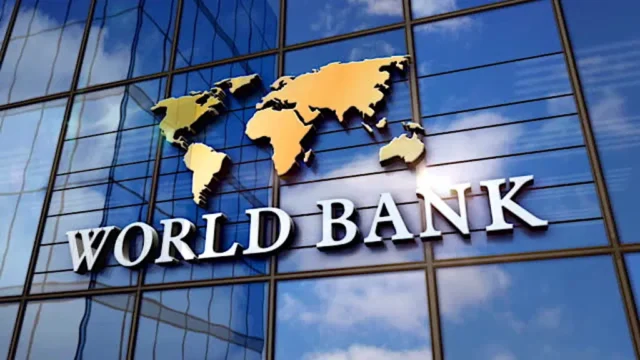In the landscape of world monetary forecasts, a regarding trend has emerged for Nigeria, in which poverty stages are anticipated to upward push considerably over the approaching years. Drawing from complete analyses offered at worldwide monetary gatherings in Washington, DC, professionals have highlighted that despite some fantastic momentum within the non-oil sectors in the direction of the cease of 2024, deep-rooted dependencies on herbal assets and ongoing vulnerabilities should exacerbate trouble for tens of millions. Projections imply a 3.6 percent point boom in poverty among 2022 and 2027, setting Nigeria amongst useful resource-wealthy international locations in Sub-Saharan Africa going through comparable setbacks, which include the Democratic Republic of Congo.
This outlook contrasts sharply with non-aid-based countries in the place, which are poised for extra speedy development in assuaging poverty, buoyed with the aid of multiplied costs for agricultural exports that power financial growth even below monetary constraints. For aid-heavy economies like Nigeria, however, declining oil values and fragile monetary structures are predicted to sluggish advancements, perpetuating a cycle in which wealth from commodities fails to translate into enormous prosperity. In 2024 alone, Sub-Saharan Africa housed 80 percentage of the sector’s 695 million people dwelling in extreme poverty, with half of the location’s 560 million affected individuals concentrated in just 4 international locations.
Globally, this disparity underscores broader patterns: South Asia represented 8 percentage of extreme poverty cases, East Asia and the Pacific 2 percent, the Middle East and North Africa 5 percent, and Latin America and the Caribbean three percent. Within fragile, resource-ample settings, poverty rates averaged 46 percent in 2024—a discern 13 percentage points higher than in similar international locations with out such conflicts or instabilities. This entrenched dynamic illustrates how natural endowments, whilst coupled with governance and safety issues, frequently result in higher deprivation in place of comfort.
To cope with these projections, suggestions cognizance on strengthening fiscal oversight and forging higher agreements between governments and citizens to make certain inclusive boom. By prioritizing sustainable improvement strategies, Nigeria and its friends may want to mitigate the expected upward thrust in poverty, turning capability vulnerabilities into opportunities for long-term stability and equity across the continent.
















